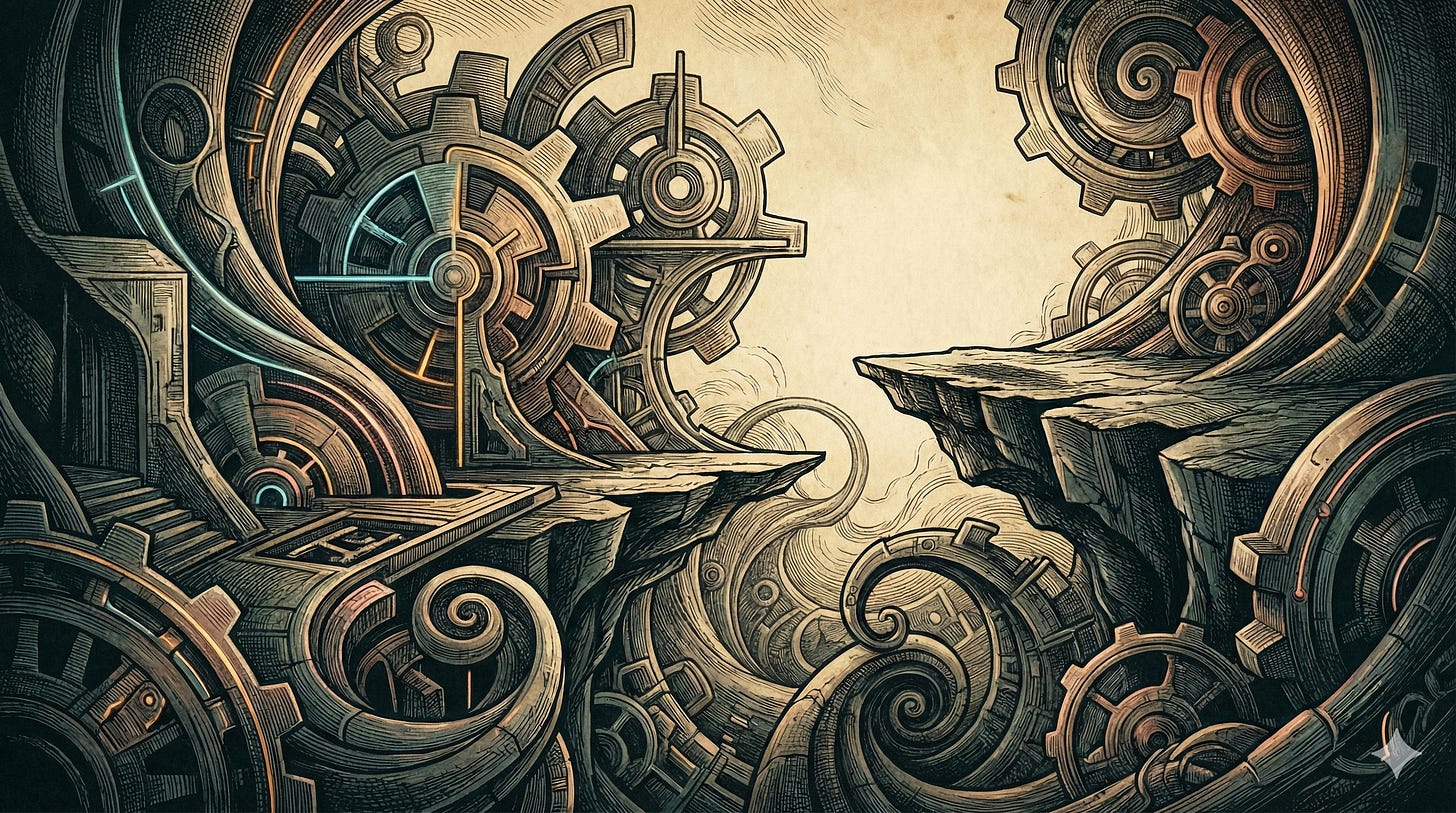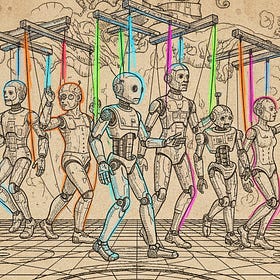Stop Hiring Experienced Candidates
When the Beginner's Mind Beats Industry Experience
Stop looking for job candidates with “experience.” It’s the people with experience who built those awful socio-technical systems in the first place.
“It took me four years to paint like Raphael, but a lifetime to paint like a child.” — Pablo Picasso, painter and sculptor
The architects of your broken systems are applying for jobs to fix them.
Think about that for a moment. The same minds that built those creaking legacy platforms, those user-hostile product experiences, those agile-resistant architectures—they’re now your “experienced” candidates. They’ve internalized the compromises, rationalized the technical debt, and mastered the art of working around the fundamental design flaws they helped create from the start.
Meanwhile, you’re dismissing candidates with “no experience.” The ones who ask uncomfortable questions like, “Why does this exist?” or “What if we approached this completely differently?”
Work experience isn’t always a net positive. It’s a collection of learned behaviors, accepted limitations, and embedded assumptions. The person with five years in ad-tech carries five years of thinking user privacy is negotiable. Your seasoned product manager has accumulated a thousand assumptions about what customers actually want. The enterprise software veteran has developed an instinctive reflex for building forms that make your employees contemplate career changes.
“The most dangerous phrase in the language is, ‘We’ve always done it this way.’” — Grace Hopper, computer scientist and Navy admiral
Welcome to The Maverick Mapmaker — where M-shaped, multidisciplinary professionals learn how to orchestrate work between humans and AI. If you refuse to be put in one box… if your mix of skills is your edge… if you want tactics for thriving in the age of AI without falling for hype or doom — this is your place. Stay sharp, stay multidisciplinary, and stay ahead. Subscribe to my Substack now.
Remember the Curse of Knowledge. Experienced professionals, deeply familiar with dysfunctional socio-technical systems (because they built them), struggle to articulate fundamental flaws or envision radically different solutions because their understanding is trapped within the existing framework, making it nearly impossible to see through fresh eyes.
I’m also referring to the Beginner’s Mind, meaning having an attitude of openness, eagerness, and lack of preconceptions when studying a subject. It champions the fresh, unburdened perspective of someone without the “experience” of existing systems, allowing for novel solutions and fearless questioning of established norms.
“In the beginner’s mind there are many possibilities, but in the expert’s mind there are few.” — Shunryu Suzuki, Zen master
Fresh eyes don’t see legacy constraints demanding accommodation. They don’t see technical debt as inevitable or user frustration as normal. They don’t see business agility as unattainable or continuous innovation as a naive fantasy. The beginner’s mind sees only problems begging for solutions. They haven’t learned to accept what’s supposedly “impossible.”
And that’s precisely why recruiters should abandon their hunt for job candidates with “experience.” It’s the people with experience who constructed those awful socio-technical systems that you’re desperately trying to escape. Consider hiring people without such baggage.
Your broken systems didn’t build themselves, so stop hiring the people who did.
Jurgen
Why Ravens May Rule the Future of Work
Are you a cross-disciplinary expert? Do you connect your skills in unrelated fields with a generalist mindset? Do you consider your "lack of focus" an asset rather than a liability? You might be a raven.
The Revenge of Command-and-Control
AI agents promise autonomy but deliver the opposite—they need constant instruction, clear objectives, and micro-management to function. This shift threatens to drag human management back to the dark ages of command and control, potentially undoing decades of progress in team empowerment.
Let's Start from Scratch: Organizational Design in the Age of AI
With the community-driven Harmony Pattern Language, we can offer a new path for designing viable hybrid teams that can thrive in our AI-driven future.






What's about people with proven experience in challenging the status quo, driving change, and pinpointing problems in a way which fosters improvements rather than anger and push back?
I've seen many beginners just doing the old errors over and again. And seasoned folks spotting problems quickly, pointing them out clearly and knowing how to drive towards solutions.
I feel it depends of the kind of experience you look for. If you hire people experienced in doing things the way you've always done them you're prone to get stuck with your problems. If you hire people experienced in driving change you have a chance to win.
I'd rather try to achieve a healthy mix of true beginners, people experienced in life but new to the company plus people who now the company inside out since years, but still consistently drive change and improvements.
Just relying on beginners only sounds as risky to me as sticking with folks who've always done it the old way.
I agree with the sentiment and worry that we are doing a great disservice to ourselves by blocking out new ideas and talent with onerous experience requirements. That not only prevents the development and identification of new talent, but also provides a huge incentive to be dishonest about your work history and scope of previous jobs.
But, I’ve been thinking about this a lot (and writing about it: https://open.substack.com/pub/theslowpanic/p/be-the-adult-in-the-room). Is it “stop hiring experienced candidates” or is it “select for and accommodate critics and new ideas”? That may very well be what you mean with beginner’s mind but I want to put a finer point on it.
There’s a whole untapped pool of people who are experienced enough to spot nonsense and flaws in organizations of varying levels of experience who aren’t able to use that skill due to their organization’s culture. Are less experienced candidates more able to change an organization or will they be assimilated just the same?
Tech company culture demonstrates that it isn’t just experience at play here. There are many inexperienced teams “changing the world” under the banner of a broader socio-technical Goliath with poor values.